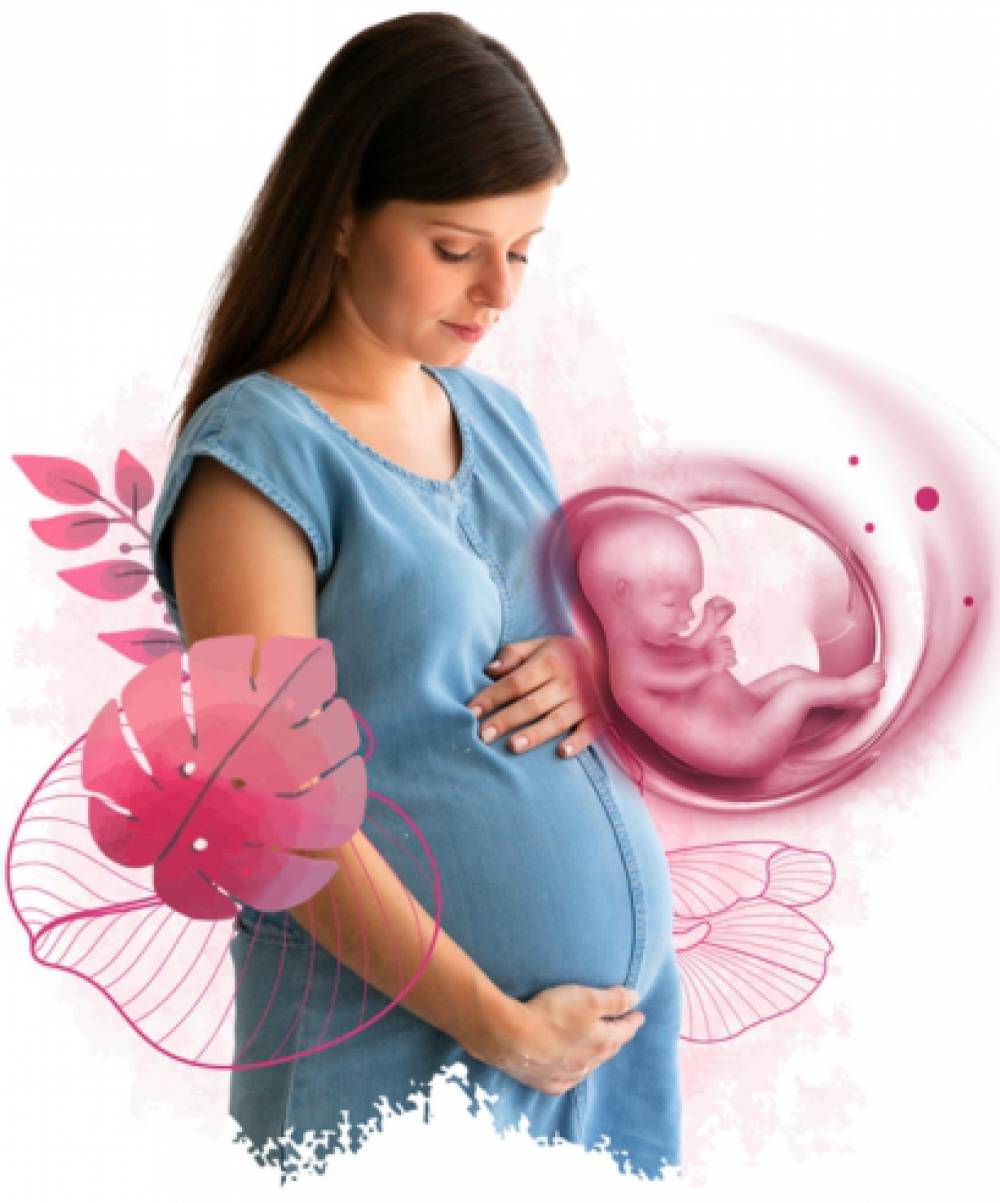Pre Planning

Pre-planning for conception involves a comprehensive approach aimed at ensuring the health and well-being of both parents and the prospective child. It begins with a focus on physical purification through a process called Panchakarma, which involves various cleansing techniques such as massage, steam therapy, purgation (Virechana), induced vomiting (Vamana), and enemas (Basti). This purification process is believed to eliminate toxins and imbalances from the body, promoting overall health and vitality.
In addition to physical purification, mental well-being is considered paramount in pre-conception planning. Both partners are encouraged to cultivate a positive mental state through practices such as meditation. This helps reduce stress and anxiety, which can have a significant impact on fertility and overall reproductive health.
Furthermore, specific yoga asanas are recommended to enhance fertility and reproductive health. These asanas focus on improving blood circulation to the reproductive organs, balancing hormonal levels, and reducing tension in the body.
Garbhadhan Sanskar, a ritual performed before conception, is also emphasized in pre-planning. This ritual is believed to invoke blessings for a healthy and auspicious conception, reinforcing the importance of spiritual and cultural practices in the conception process.
Additionally, the emotional and social well-being of both partners is considered crucial. Engaging in activities together as a couple, nurturing their relationship, and maintaining a supportive social network contribute to a positive environment conducive to conception and healthy pregnancy.
Overall, pre-planning for conception involves a holistic approach that addresses physical, mental, emotional, and spiritual aspects of both parents' well-being. By prioritizing health, harmony, and positivity, couples aim to create the best possible environment for the conception and development of a healthy and happy child.